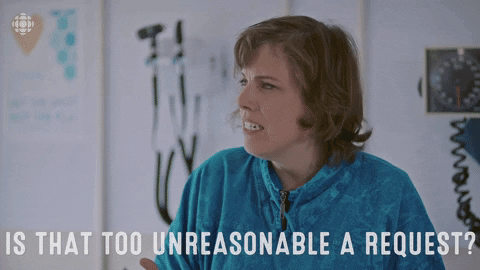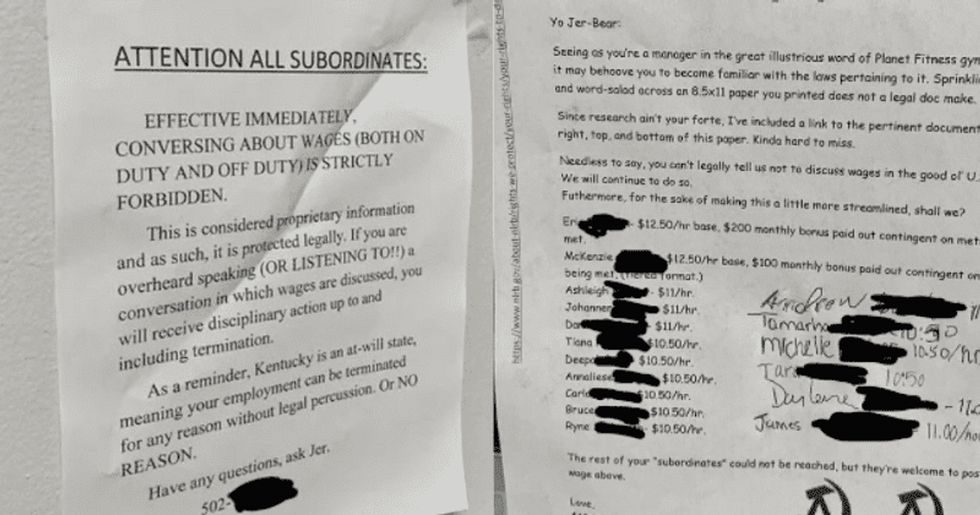Twins typically fascinate us because of their incredible similarities. But sometimes, what makes identical twins truly intriguing are their surprising differences. A recent study in Science Direct highlighted exactly this, following the astonishing reunion of identical twin sisters separated as toddlers and raised in completely different cultures.
Born in South Korea in 1974, these twin sisters spent their first two years together until tragedy struck—they were accidentally separated at a busy market. Despite the family’s desperate search, only one twin could be located. While she remained with her family in Korea, the other was adopted and raised by a couple in the United States, unaware she even had a twin, let alone other siblings.

The twin who grew up in America only discovered her true identity decades later, in 2018, after submitting her DNA to a South Korean program designed to reunite lost family members. It was then she learned of her identical twin sister, along with additional siblings.
After their reunion, scientists eagerly examined the sisters, fascinated by the question at the heart of many twin studies: how much do environment and upbringing influence our personalities, mental health, and intelligence?
Tests quickly revealed something extraordinary: despite their identical genetics, the twins had startlingly different IQ scores. The twin raised in America scored a full 16 points lower than her sister raised in Korea—a difference far greater than typical IQ gaps of identical twins, which rarely exceed 7 points.
"The twins showed substantial differences in cognitive abilities that have been linked to strong genetic influence," one researcher observed. Researchers speculated that multiple childhood concussions sustained by the US-raised twin could have played a role in her lower IQ score.

Yet, surprisingly, despite this stark intellectual difference and drastically distinct childhood environments, the twins shared remarkably similar personality traits. "Notable is that both twins are distinctively high on conscientiousness—indicating that both are purposeful, well-organized, dutiful, and achievement-striving," the researcher wrote.
The study went deeper, noting the Korean-raised twin grew up in a nurturing, loving environment, while the American-raised twin faced considerable hardships with her adoptive family. Remarkably, both sisters displayed similar resilience, scoring closely on measures of self-esteem and mental health.
Ultimately, this compelling study reinforces how identical twins can be strikingly similar and astonishingly different simultaneously. Their story continues to intrigue researchers, illuminating the endless complexity within the ongoing debate of nature versus nurture.
















 It wasn't even February, so she wasn't expecting what came next.
It wasn't even February, so she wasn't expecting what came next.  The hug came first, the 'yes' took a few moments more.
The hug came first, the 'yes' took a few moments more. 






 Representative Image Source: Pexels | Oleksandr P
Representative Image Source: Pexels | Oleksandr P  Layout of the plane seatsImage Source: Mumsnet |
Layout of the plane seatsImage Source: Mumsnet | 




 Image Source: Joshua Potash | Reddit
Image Source: Joshua Potash | Reddit 
